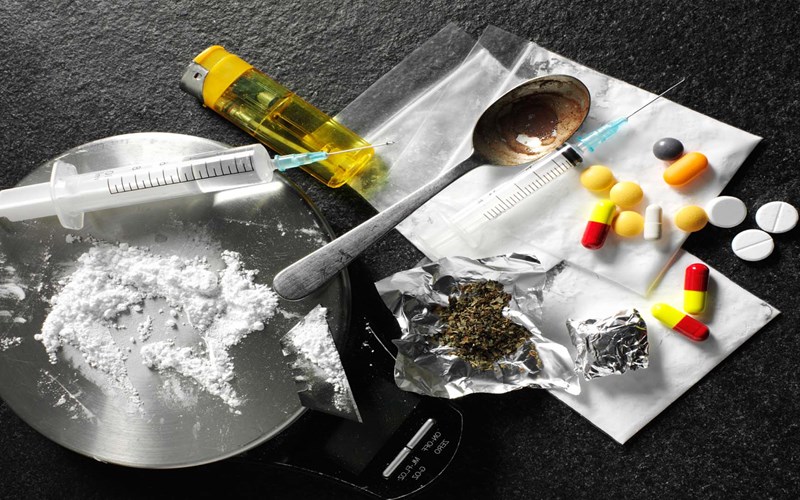Oregon residents were thinking outside the box in 2020 when they passed Measure 110, a sweeping bill that decriminalized most unlawful possessions of a controlled substance (PCS).
Though it was among a number of states with legalization of marijuana on the ballot that year, Oregon was different. The New York Times called its proposal "one of the most radical drug law overhauls in American history."
Measure 110 addresses marijuana, heroin, cocaine, and methamphetamine. When it passed by 17 points – 58.4% to 41.6% – Oregon became the first state to legalize hard drugs.
Possession of a Schedule I-III V controlled substance was reclassified from a Class A misdemeanor, punishable by up to a year in jail and a $6,250 fine, to a Class E violation with a $100 fine or a completed health assessment, according to the Rogoway Law Group.
Now, many are rethinking their position.

"It just takes an opportunity to walk through the streets of Portland or what you see on the news and in the media to see actually what 110 has done," Oregon House Minority Leader Jeff Helfrich (R) told Washington Watch Wednesday. "It's a failed experiment. It has come from the progressive Left activists who say it's okay to do drugs, and you don't have any accountability."
Opioid-related deaths reportedly reached 955 by late 2023 – a significant increase from 280 in 2019.
Helfrich, a former police officer, told show host Tony Perkins that Measure 110 was presented as an opportunity to assist users with treatment and recovery programs through tax revenue from marijuana sales and with savings from law enforcement and incarceration costs, but voters did not read down far enough.
"They didn't see at the bottom of the last line about reclassifying possession of certain drugs," Helfrich said. "That's what has ruined our society."
Last August, an Emerson College poll found that 56% of Oregon residents support completely overturning the law, while more – two-thirds – want to at least put penalties for drug possession back in play.
Similarly, elected leaders in some counties support a repeal of Measure 110, but others think restructuring would do the trick.
Only 36% believe Measure 110 should be left alone.
Both parties in the Oregon Legislature have put forth proposals for change, but Helfrich said Democrats – who would make possession a Class C misdemeanor – have not gone far enough.
"That doesn't do anything," he said. "It's just a step above a violation, and unfortunately, our officers aren't going to want to intersect in this person's life when it's a Class C misdemeanor."
The Republican proposal would copy the state's existing plan for driving under the influence (DUI) and would place offenders in treatment programs, with harsher consequences down the line if treatment is not completed.
"We've created an environment to help people," Helfrich asserted. "This is the way we can dig ourselves out. We don't have to recreate a bunch of new systems when you already have a system."







